Basic Care: Red-eared Slider
Red-eared sliders are the most popular aquatic turtle kepts as pets. The commercial sales of baby turtles to the public is illegal due to the "4-inch law" regulated by the Food and Drug Administration (Title 21, Part 1240.62 of the Code of Federal Regulations 21 CFR 1240.62 (b) and Compliance Policy Guide 7129.01). This law does not ban the sales of baby turtles from one hobbyist to another.




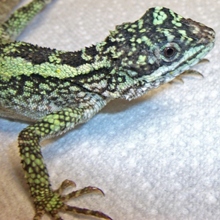 Neon tree dragon is a common name used in the pet trade for a variety of small agamid lizards from southeast Asia. Agamid lizards are an Old World family of lizards that include
Neon tree dragon is a common name used in the pet trade for a variety of small agamid lizards from southeast Asia. Agamid lizards are an Old World family of lizards that include 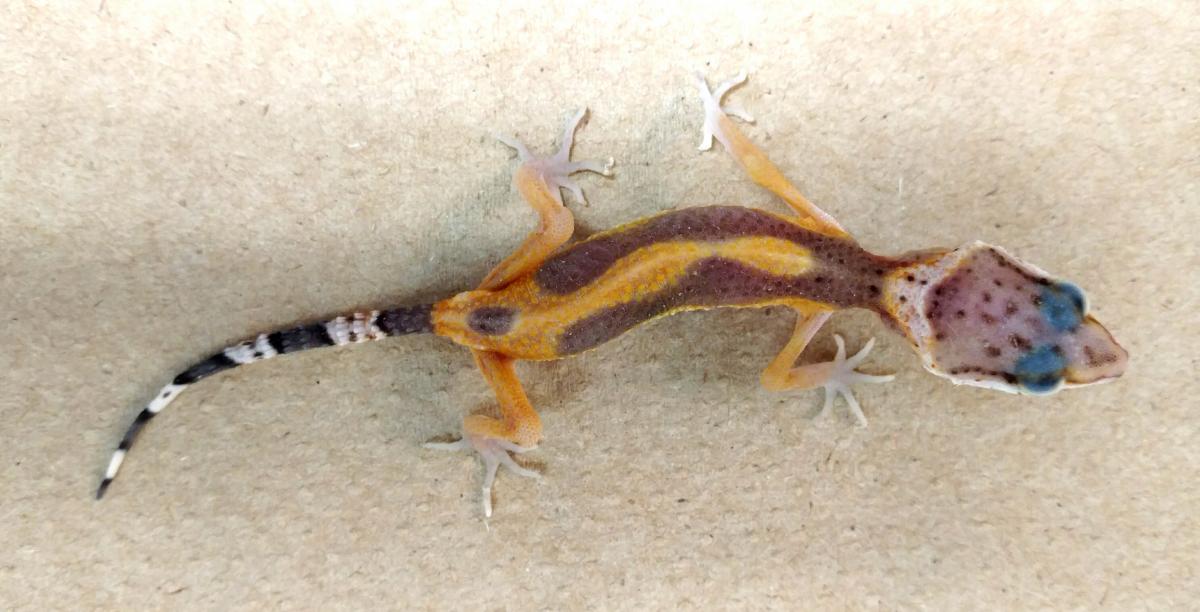 "Stick Tail" is a common term used to describe a leopard gecko that loses weight until the tail fat disappears leaving behind a thin boney tail. "Stick tail" also affect fat-tail geckos, tokay geckos, and other species of geckos with robust tails that can store fat. A similar wasting disease is known in crested geckos and other Rhacodactylus, and many other geckos.
"Stick Tail" is a common term used to describe a leopard gecko that loses weight until the tail fat disappears leaving behind a thin boney tail. "Stick tail" also affect fat-tail geckos, tokay geckos, and other species of geckos with robust tails that can store fat. A similar wasting disease is known in crested geckos and other Rhacodactylus, and many other geckos.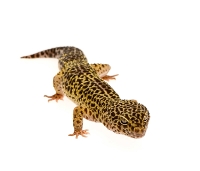 Cryptosporidiosis is a common intestinal infection of leopard geckos caused by the one-celled parasite Cryptosporidium varanii (also know in older references as Cryptosporidium saurophilum). Cryptosporidiosis is a very common reason that a leopard gecko will lose weight, and as the tail fat disappears all that remains is a thin boney tail, a condition herpetoculturists often call “stick tail”.
Cryptosporidiosis is a common intestinal infection of leopard geckos caused by the one-celled parasite Cryptosporidium varanii (also know in older references as Cryptosporidium saurophilum). Cryptosporidiosis is a very common reason that a leopard gecko will lose weight, and as the tail fat disappears all that remains is a thin boney tail, a condition herpetoculturists often call “stick tail”.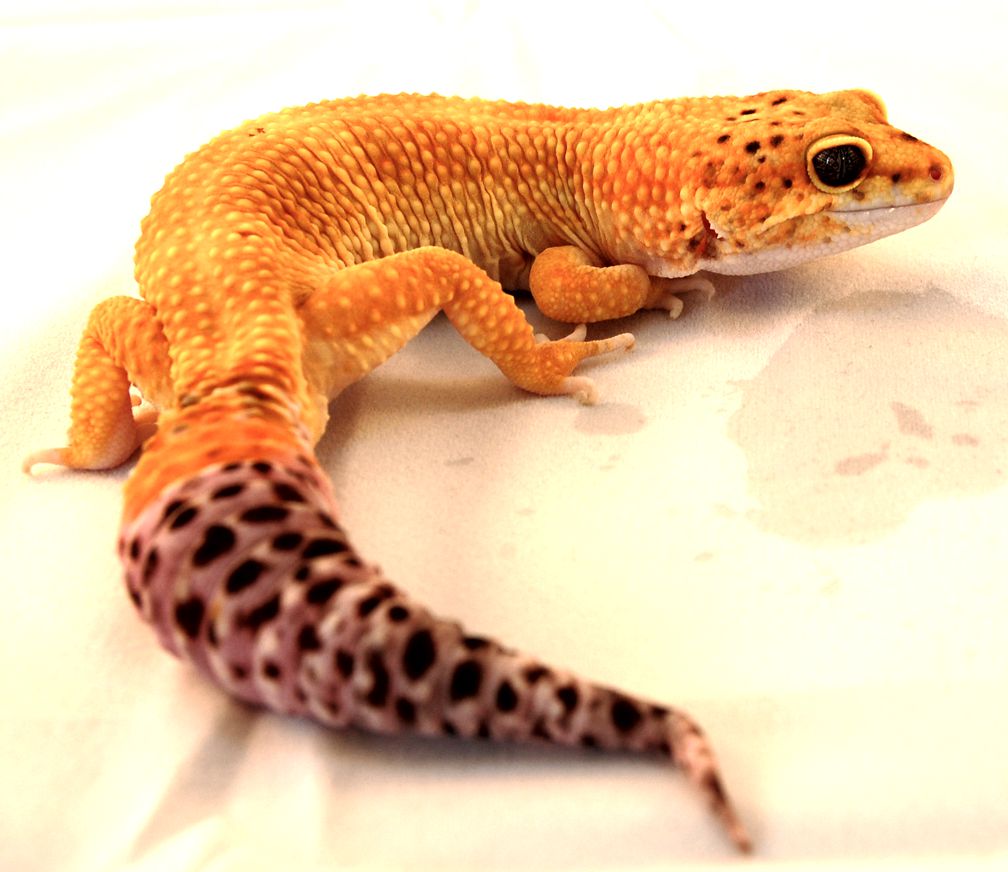 Leopard geckos popularity as pets is easy to understand. They are small, cute, typically friendly and easy to handle. They come in a variety of color morphs are require less space than many larger reptiles. They're relatively long lived, many living into their late teens and early twenties. They breed easily in captivity. However, they are prone to problems with their eyes, skin, and skeleton if not cared for properly.
Leopard geckos popularity as pets is easy to understand. They are small, cute, typically friendly and easy to handle. They come in a variety of color morphs are require less space than many larger reptiles. They're relatively long lived, many living into their late teens and early twenties. They breed easily in captivity. However, they are prone to problems with their eyes, skin, and skeleton if not cared for properly. 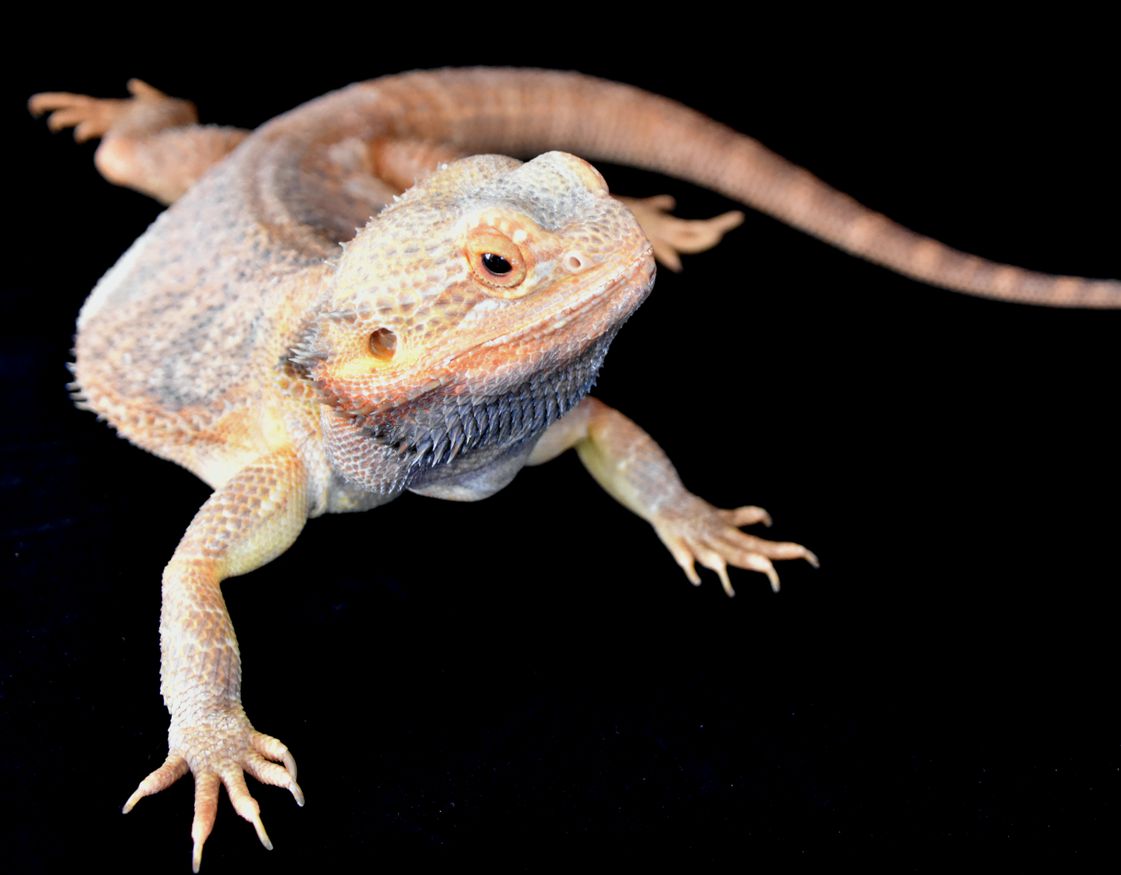 Bearded dragons are social, active lizards that need proper heat, ultraviolet light, and the correct diet with necessary supplements. Bearded dragons may not get along if crowded or territorial so caution with housing them together and ideally never have an adult with baby bearded dragons.
Bearded dragons are social, active lizards that need proper heat, ultraviolet light, and the correct diet with necessary supplements. Bearded dragons may not get along if crowded or territorial so caution with housing them together and ideally never have an adult with baby bearded dragons.